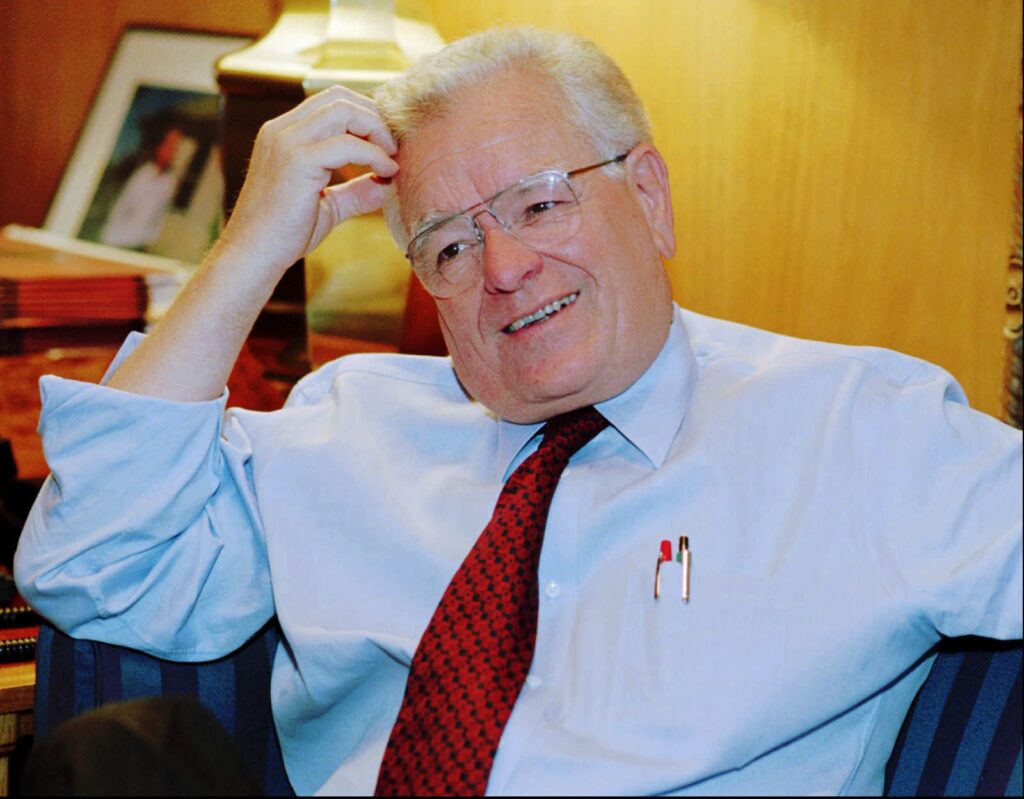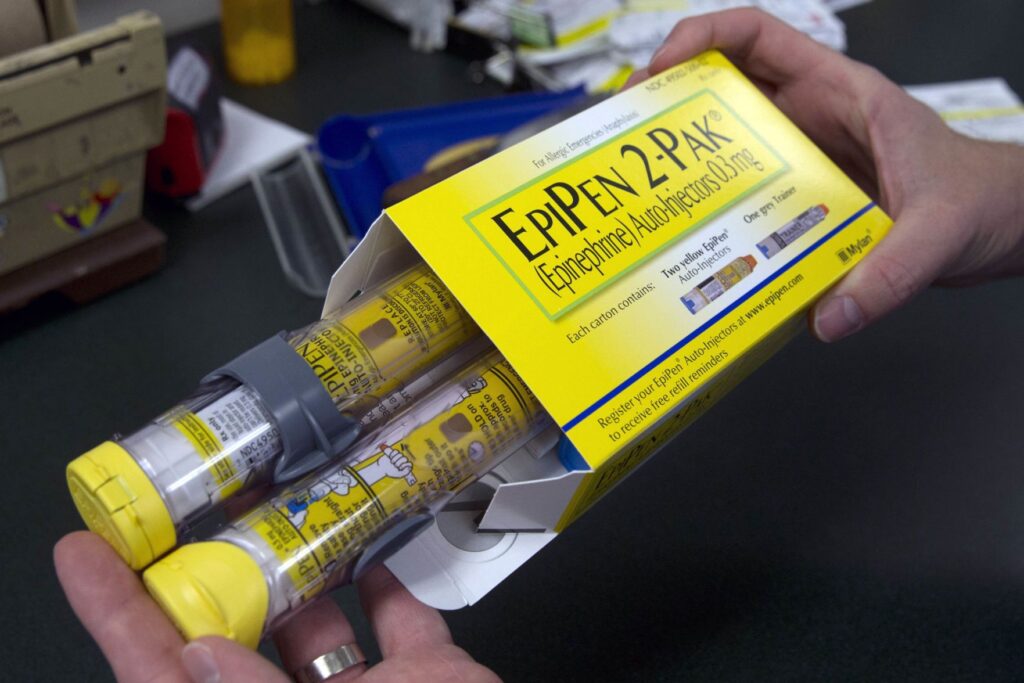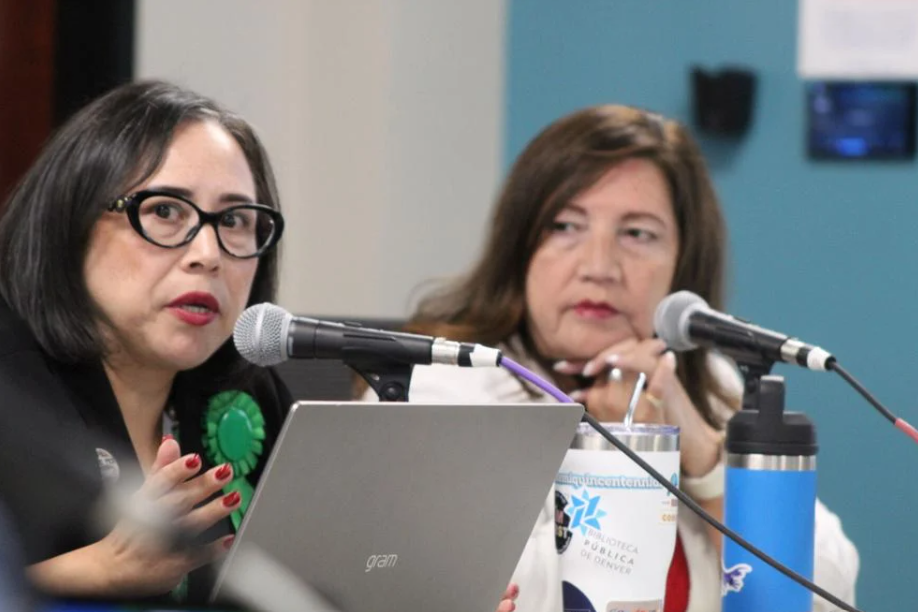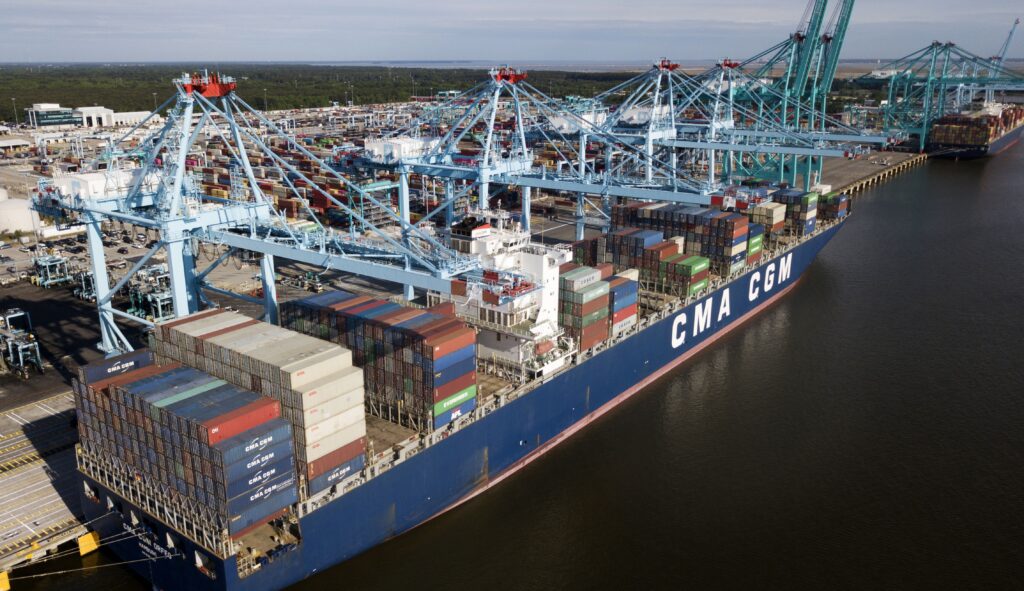Colorado Sen. Zenzinger stays in the middle of the road in transit interview
State legislatures are about to embark in tough negotiations on how to raise billions of dollars for transportation. How much of that goes into transit is expected to be a sticking point for Republicans.
So when Sen. Rachel Zenzinger, a Democrat from Arvada who sits on the Senate Transportation Committee, gives a lengthy Q&A to a transit advocacy group, it’s worth a read. To boot, Zenzinger has deep ties to The Transit Alliance.
She might be a new senator, but she toed the political middle of the road like a veteran.
Here’s an excerpt from her interview with Jamie Perkins, the Transit Alliance’s program manager:
“We’re looking at doing a bill (probably a referred measure) to create a revenue stream to address our transportation needs in the state. It’s been a long time coming. How that particular measure looks is undetermined at the moment, because we have a lot of different policy considerations to look at. We need to think about how we’re going to address our aging infrastructure, which is then tied to our economy, and how are we going to make sure that we increase transit options so that our system will go further, work more efficiently, and provide more options to people.”
Good, even-handed analysis, though how much Democrats ask to invest in transit will be interesting. In another part of the interview she said the transportation plan should benefit the entire state, not just the Front Range, so they’re probably not running light rail to Lamar.
Then Zenzinger looked ahead:
“I’m very interested in lots of transportation concepts, in particular the idea of investing money from the settlement from VW into infrastructure that would help electric vehicles in our state. I’m very interested in that…I’m also interested in conversations around driverless cars. It’s a new area, and it’s something that we’re just starting to grapple with. It’s been a concept that [we] thought was in the future. Well the future is now. The future is here, we have driverless cars. We’re going to have to think about what the policy considerations are around that. How’s that going to impact state policy? I’m excited about that.”
Interesting stuff, but most Republican negotiators probably would like to keep the focus on old-fashioned asphalt for now.
Legislators this session, as Zenzinger said, are expected to ask voters in November to add some new tax money into the mix, but Republicans want at least some of the cost to be paid from the state budget.
In fact, House Republican leaders say the state should pay back the proposed $3.5 billion in bonds entirely with money already in the state budget. It was the subject of the House Republicans’ weekly video message by Rep. Paul Lundeen of Monument.
The interview shifted to what’s expected to be the second-biggest legislative issue this session, curbing lawsuits over construction defects.
I then asked if Senator Zenzinger believes that a bill will be introduced this session to address construction defects, and what may be different this time around:
“It will. I hope it does. It’s something that we have needed to address for a very long time at the state level. Coming from local government, we’ve been telling the state we need to address it…and some local communities have adopted their own ordinances. It hasn’t fixed the problem. I applaud them for trying to move forward and to seek local solutions, but this is a statewide problem and it needs to be addressed at a statewide level.”
“We have a new mix of people and some of that is positive. We’re starting to get to policymakers [to] recognize that this one issue impacts a lot of areas that they care about…If you’re going to have good transit-oriented development near your transit station, development that’s going to be a little denser and that’s going to support the use of the transit, you need units that are not single family homes and you want for-sale units. You want to have some multifamily condos, and some townhomes, and have the type of housing that would really support the transit. That’s a crux of the issue. You can’t get that housing unless we do something about this issue of construction defects. I’m not carrying the bill, but I do have colleagues who are interested. I’m hopeful.”
“One of the drawbacks is that how we approached it in the past is we tried to do a top-down approach…I think we need to pick one [local ordinance] that has the best potential and then use that as the basis for the legislation to approach it from a ground-up approach. I think that would help create some assurances for some of the opposing views to the types of changes that we’re hoping to see. Denver’s ordinance, in my opinion, is a good one, and we’ve had some opportunities to test it a little bit.”
The full interview is here.










